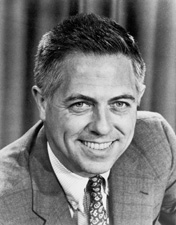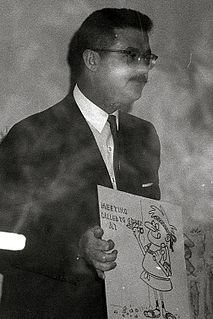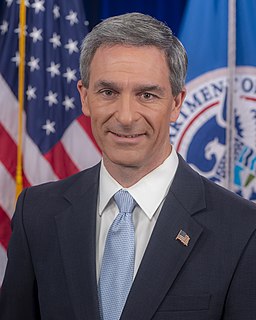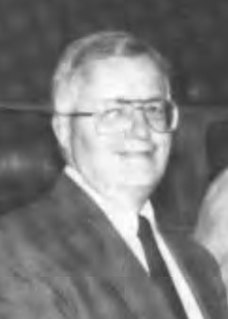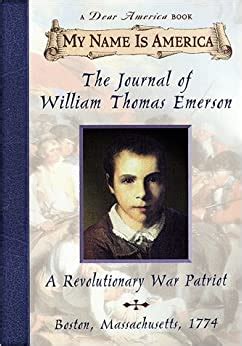A Quote by James L. Buckley
As a consequence, the Court ruled that the limits on campaign spending violated the First Amendment, but it accepted the $1,000 limit on individual contributions on the ground that the need to avoid the appearance of corruption justified this limited constraint on speech.
Related Quotes
Our Supreme Court has lifted the practice of buying legislation to the level of a constitutional principle by repeatedly protecting corporate spending for and against political candidates, as well as promises and threats of such spending to bribe and blackmail such candidates, by appeal to the free-speech clause of the First Amendment.
We need to put limits on how much an individual, group or business can spend on influencing an individual legislator or a whole set of legislators. Look at the vast sums that the NRA spends on getting all legislators to be soft on gun control. Legislators find it hard to refuse the NRA's largess when they need contributions to their political campaign wherever they can get them.
We are very frustrated because we have a Supreme Court that seems determined to say that the wealthier have more right to free speech than the rest of us. For example, they say you couldn't stop me from spending all the money I've saved over the last five years on Hillary's campaign if I wanted to, even though it would clearly violate the spirit of campaign finance reform.
The First Amendment and Fourteenth Amendment rights in the United States Constitution were being violated in Albany again and again - freedom of speech, freedom of assembly, the equal protection of the laws - I could count at least 30 such violations. Yet the president, sworn to uphold the Constitution, and all the agencies of the United States government at his disposal, were nowhere to be seen.
If the Government is going to intrude upon the sacred ground of the First Amendment and tell its citizens that their exercise of protected speech could land them in jail, the law imposing such a penalty must clearly define the prohibited speech not only for the potential offender but also for the potential enforcer.
I disagreed with the way the court applied the Second Amendment in Heller's case, because what the District of Columbia was trying to do was to protect toddlers from guns and so they wanted people with guns to safely store them. And the court didn't accept that reasonable regulation, but they've accepted many others. So I see no conflict between saving people's lives and defending the Second Amendment.
